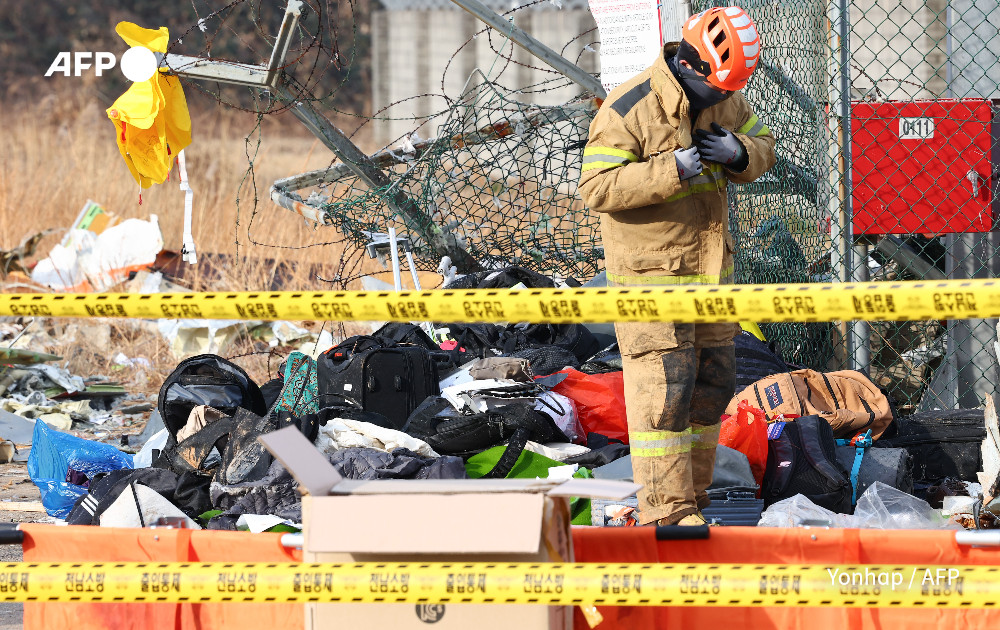Jeju Air Flight 2216, a scheduled international passenger flight from Bangkok’s Suvarnabhumi Airport to Muan International Airport in South Korea, tragically crashed on December 29, 2024, resulting in 179 fatalities out of 181 occupants.

The flight was operated by a Boeing 737-800, tail number HL8088, which first flew in August 2009. Originally delivered to Ryanair, the aircraft was later acquired by Jeju Air in 2017. Configured in an all-economy layout with 189 seats, it had been actively serving various international and domestic routes.
Upon approach to Muan International Airport, the aircraft encountered difficulties with its landing gear, which failed to deploy properly. After an initial unsuccessful landing attempt, the crew received a bird strike warning from ground control. Subsequently, the plane attempted a belly landing without its main landing gear, overshot the runway, collided with a concrete barrier, and burst into flame.
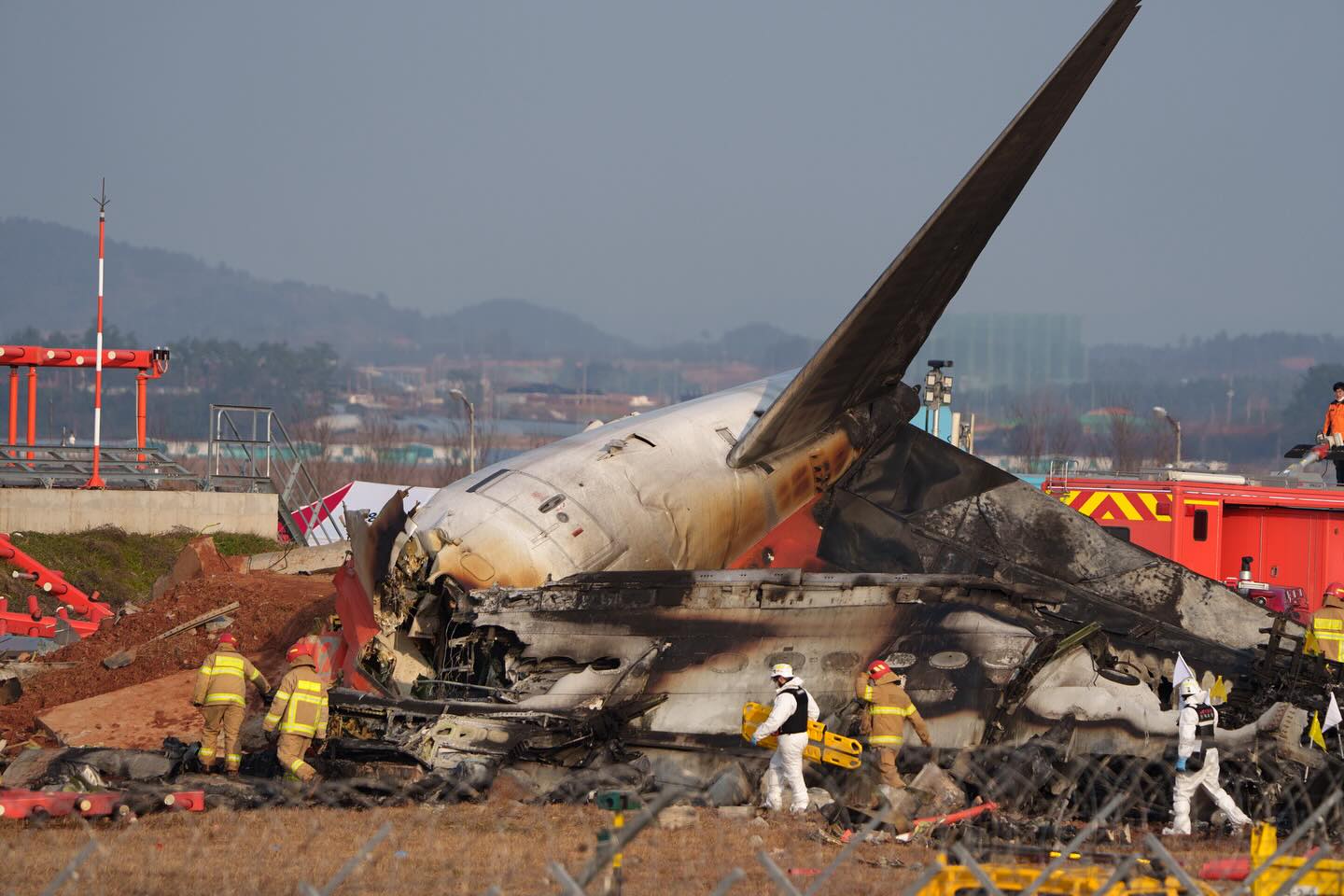
Tragically, 179 of the 181 individuals on board perished, making this incident the deadliest aviation disaster on South Korean soil. The two survivors, both crew members, were rescued from the tail section of the aircraft and are currently receiving medical treatment for serious injuries.
South Korean authorities have initiated a comprehensive investigation to determine the exact cause of the crash. Both the flight data recorder and cockpit voice recorder have been recovered for analysis. Preliminary theories suggest a possible bird strike leading to landing gear failure; however, experts caution that definitive conclusions may take months.
In response to the tragedy, the South Korean government has announced plans to inspect all Boeing 737-800 aircraft operated by domestic airlines to ensure adherence to safety protocols. Jeju Air, facing its first fatal accident in 19 years of operation, has pledged full cooperation with the investigation and expressed profound condolences to the victims’ families.
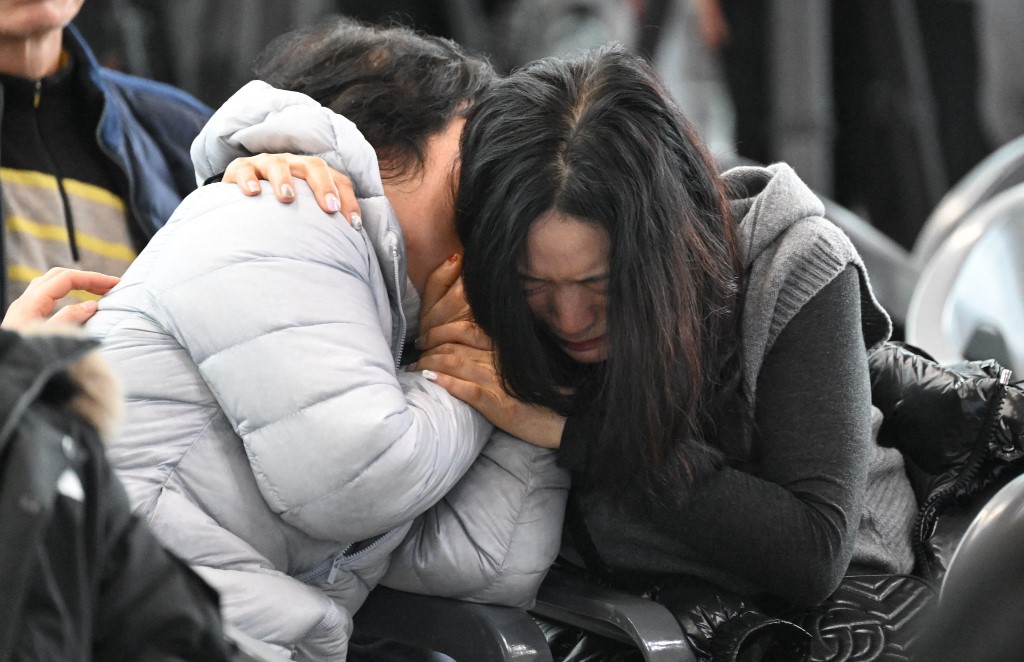
The disaster has prompted condolences from international leaders and organizations. Pope Francis and Thailand’s Prime Minister have extended their sympathies, and the United Nations Secretary-General has expressed solidarity with the people and government of South Korea during this difficult time.
The Jeju Air Flight 2216 tragedy has cast a somber shadow over South Korea, marking a significant aviation disaster with far-reaching implications. As investigations continue, the focus remains on uncovering the factors that led to this catastrophic event and implementing measures to prevent future occurrences.
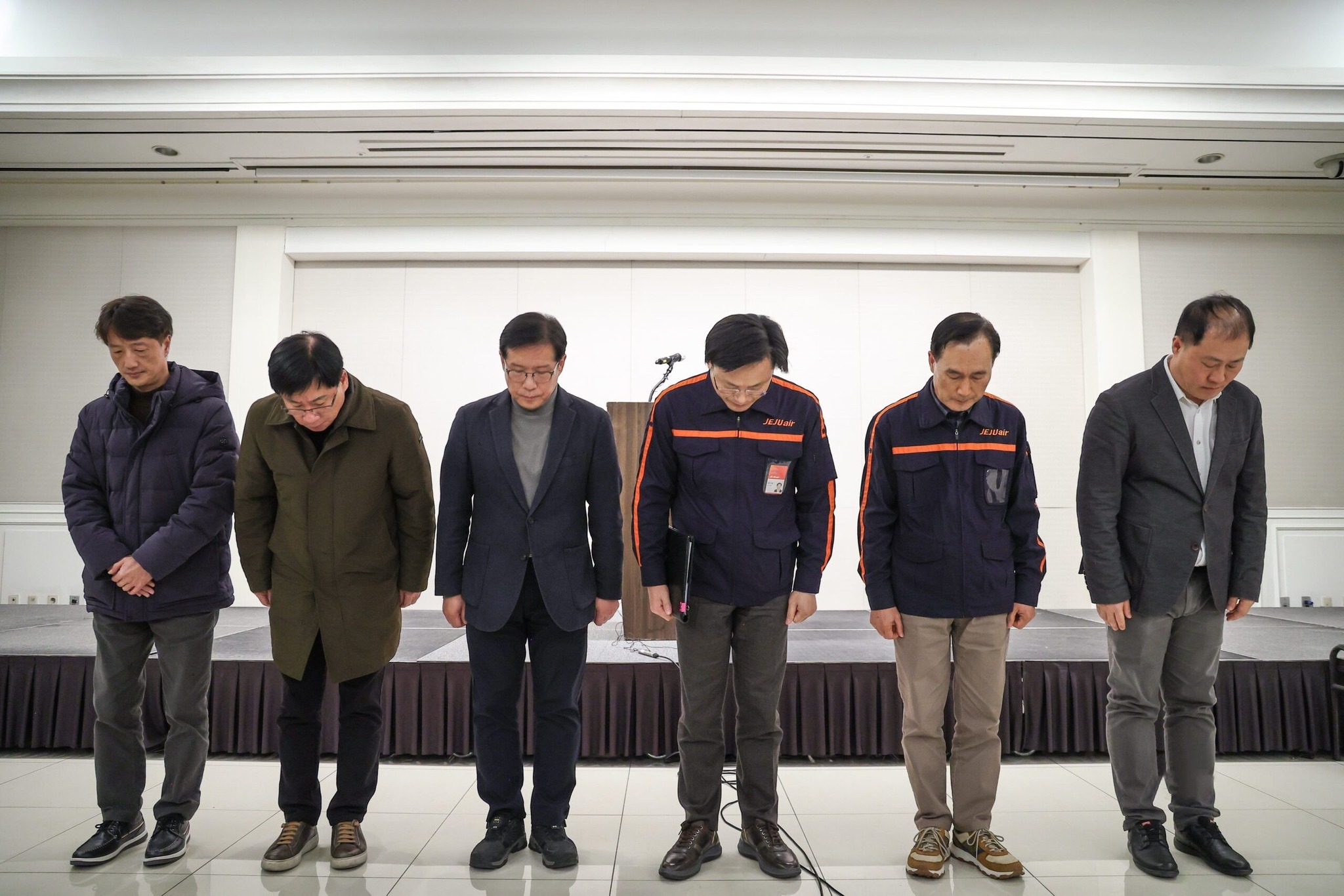
South Korea has declared a national period of mourning following the tragic crash of Jeju Air Flight 2216, marking one of the deadliest aviation disasters in the country’s history. President Yoon Suk-yeol announced the decision in a somber televised address, expressing profound sorrow over the loss of 179 lives.
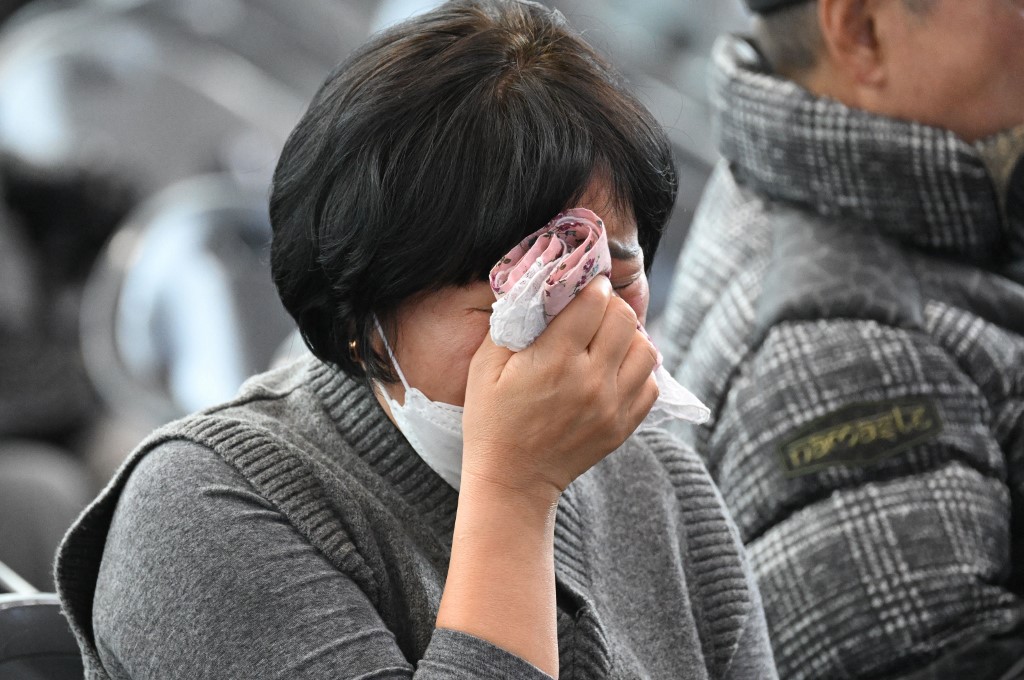
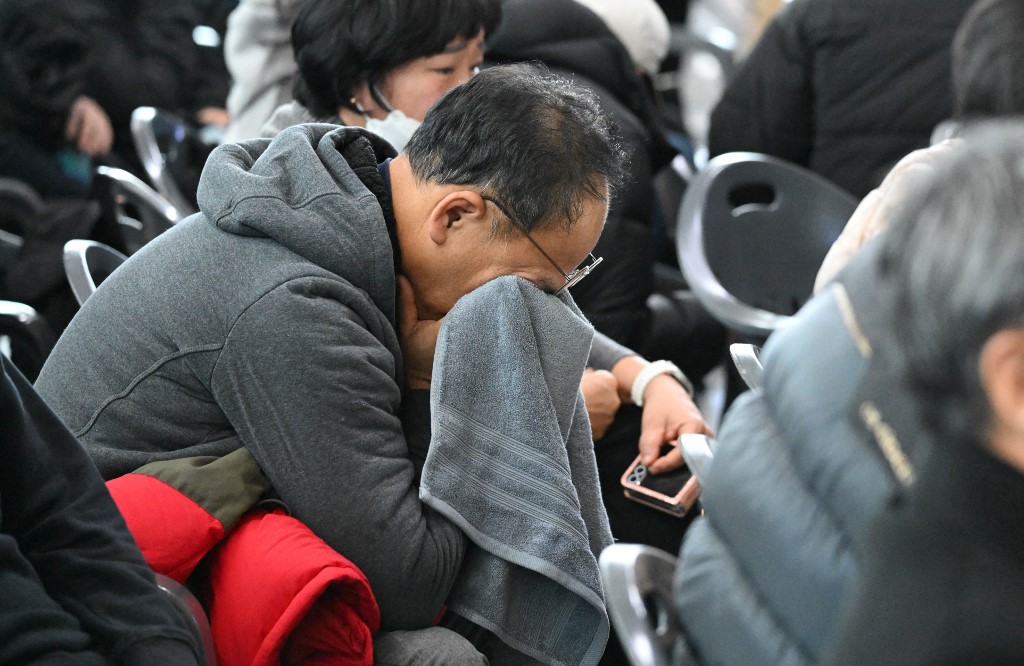
The official mourning period will last for seven days, starting from January 1, 2025. Flags will be flown at half-mast across the nation, and citizens have been encouraged to participate in moments of silence to honor the victims. The government has also organized memorial services at key locations, including Muan International Airport, where the crash occurred.
The President emphasized the importance of national unity in the face of this tragedy and pledged comprehensive support for the victims’ families. Measures include financial aid, counseling services, and assistance with funeral arrangements. “This is a time for all Koreans to come together to grieve and support one another,” President Yoon stated.
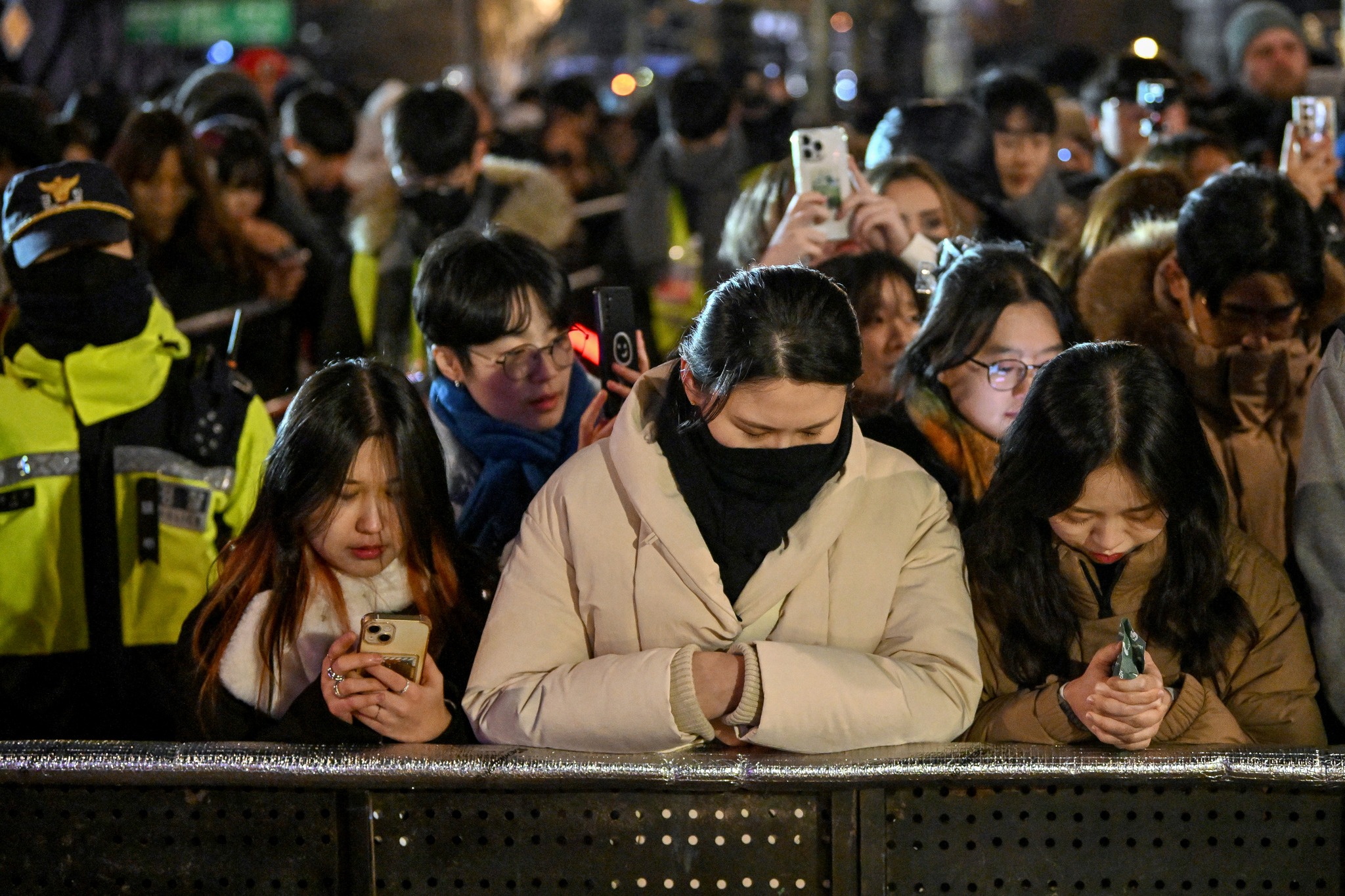
World leaders have extended their sympathies, with messages pouring in from the United Nations, neighboring countries, and global aviation organizations. A memorial site has been set up at the South Korean embassies abroad to allow citizens and international communities to pay their respects.
The mourning period reflects the nation’s collective grief and commitment to honoring the lives lost while focusing on improving aviation safety and preventing future tragedies.
People pay tribute to the victims of the Jeju Air plane crash during a countdown event to mark the 2025 New Year, at the Bosingak pavilion in central Seoul before midnight on December 31, 2024.
